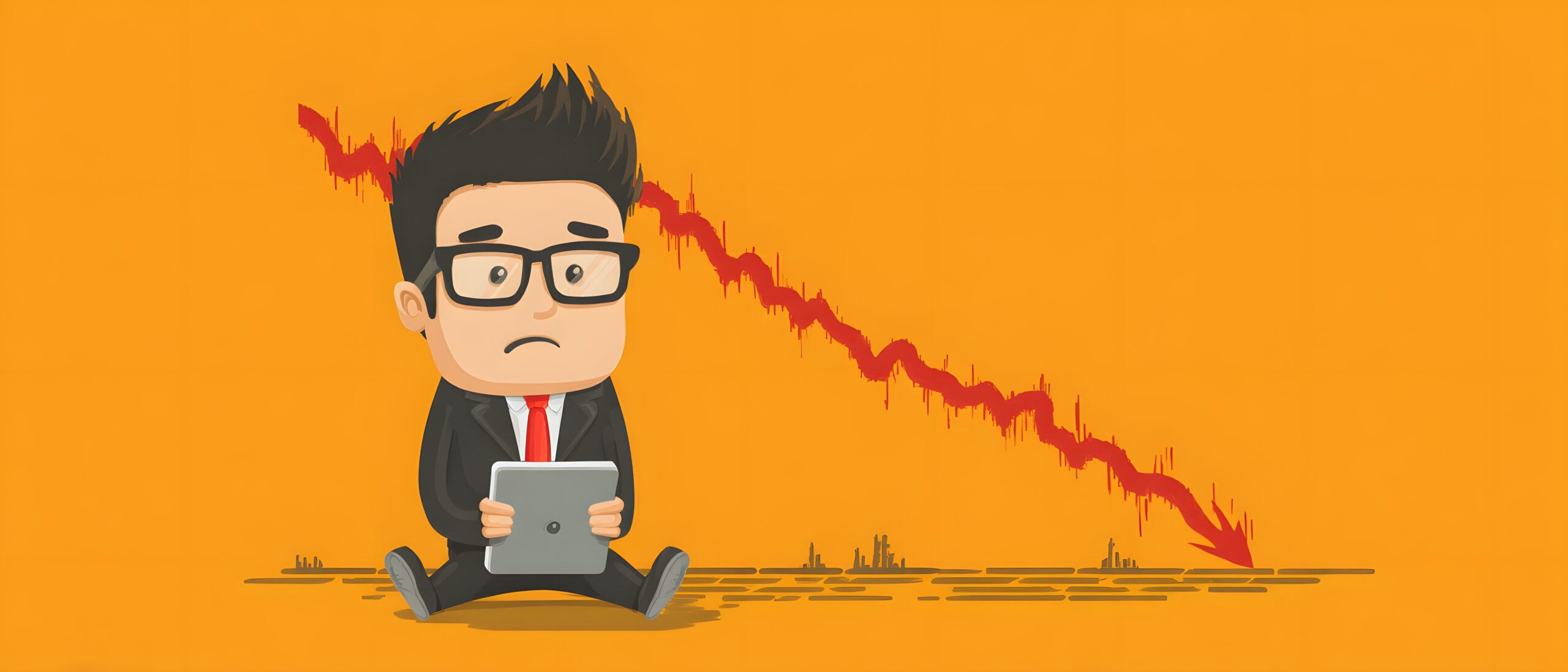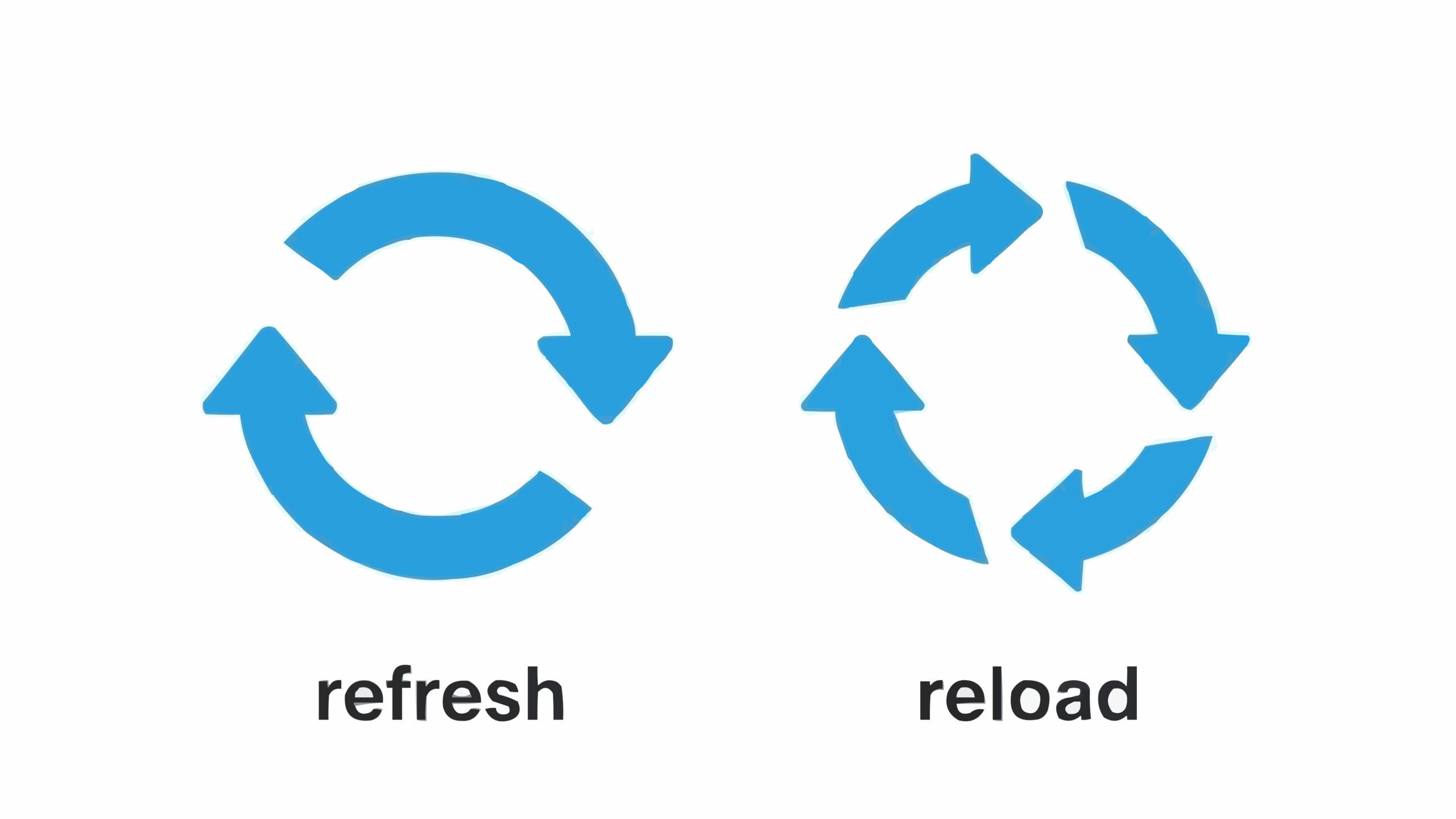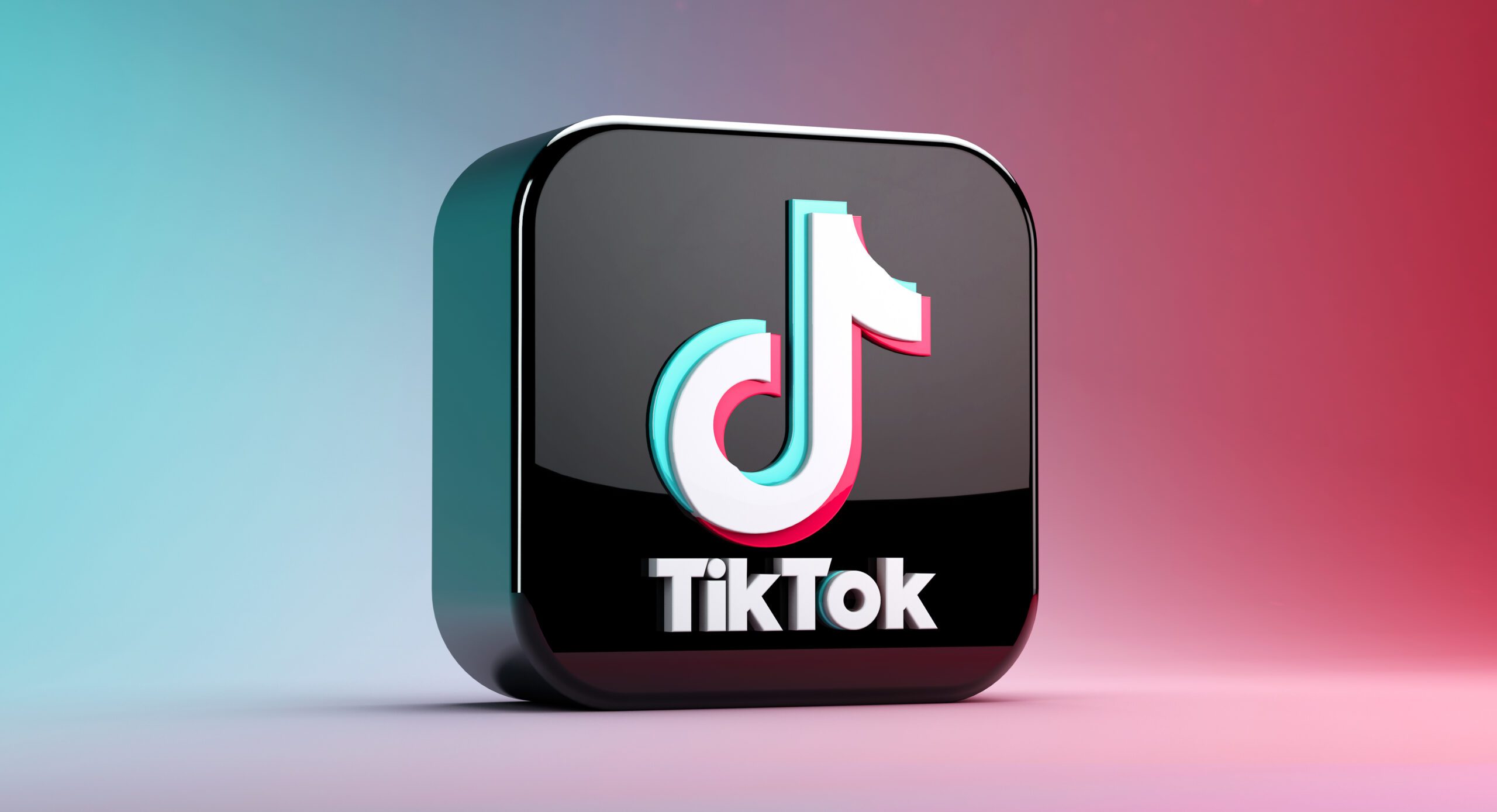What to Check First When Your Name Drops Off Page One

When your name drops off page one of Google, it’s not just a digital fluke — it’s a visibility problem. Whether you’re a professional, a company owner, a tennis player, or a singer, disappearing from the first page can quietly erase years of work and connection. Suddenly, people searching for you — potential clients, friends, or employers — see someone else instead.
Before panic sets in, take a moment to understand what’s happening. Search rankings shift constantly, and in most cases, issues can be resolved with simple checks. Here’s what to look at first to stop the drop and bring your name back where it belongs.
1. Confirm What You’re Actually Seeing
Hey — the first thing to check is whether your name really disappeared or if it’s just showing differently for certain people. Search results change depending on who’s searching, where they are, and what device they’re using.
Try this:
- Use incognito mode or a private window
- Check location settings
- Test different phrases
These small variations can reveal whether the issue is global or just local. Once you understand that, you can respond strategically instead of guessing.
2. Review Recent Changes to Your Profiles and Pages
If your name was once visible and suddenly dropped, look at what’s changed. Even a minor edit — such as removing a photo, rewriting a headline, or adjusting a few keywords — can confuse search engines.
Check these basics first:
- Is your website still indexed? Type site: yourdomain.com into Google.
- Are your meta titles and descriptions still aligned with your name and profession?
- Have you moved or renamed any important pages?
- Did you delete any posts, photos, or messages that once helped people connect with your story?
Sometimes, a missing image or redirect is all it takes to knock your name off page one.
3. Check for Algorithm Updates and Industry Movement
When Google updates its algorithm, rankings can shift overnight. A drop might not mean something’s wrong with you — it might mean the rules changed. Similarly, competitors might be posting new content or earning strong backlinks that boost their visibility.
Check SEO sources, such as Google Search Central, MozCast, or Search Engine Journal, for updates.
Recent trends show:
- Quality updates favor originality and honesty over repetition or keyword stuffing.
- Spam updates target over-optimization, fake backlinks, or low-value pages.
Use tools like Ahrefs, SEMrush, or SpyFu to check what others are doing:
- Are they publishing new professional articles?
- Did they refresh photos, design, or messaging?
- Are they featured more often in the news or local directories?
You can’t control what others publish, but you can ensure that your own information appears complete, current, and engaging to your audience.
4. Audit Your Google Profile, Online Presence, and Social Connections
For professionals and local businesses, a Google Business Profile can significantly impact whether your name remains visible.
- Make sure your contact info, hours, and photos are current.
- Respond to reviews — both good and bad — with honesty and professionalism.
- Post small updates, like new services, articles, or community events.
Also, check your name on social platforms. A single outdated profile or wrong contact link can confuse search engines.
Your goal: consistency across all listings — same name, company, phone number, and message everywhere.
Remember, a name dropper who tries to associate themselves with famous connections without substance may harm their credibility. Focus on authentic words and meaningful content that reflect your real value.
5. Check for Technical SEO Problems
Even great content fails if your site breaks behind the scenes. Technical issues often explain sudden drops in ranking.
Run a scan with Google Search Console or Screaming Frog to find:
- Broken internal links
- Slow page load times
- Missing security certificates (HTTPS)
- Accidental “noindex” tags are blocking Google from displaying your site
Fixing these quickly can save your visibility faster than rewriting content.
6. Review Mentions, Comments, and Public Messages
Sometimes, search rankings drop because engagement declines. If your pages, profiles, or comments have gone quiet, search engines may assume your content is outdated.
Check how people are interacting with your content:
- Respond to messages and comments from your audience.
- Share updates about your company, professional milestones, or personal life changes — like moving homes, changing jobs, or starting new projects.
- Stay visible through honest conversation, not self-promotion.
People connect to authenticity. And Google measures those signals too.
7. Track Your Progress Regularly and Choose Your Next Steps
Once you’ve fixed the basics, set up a simple routine:
- Check your search ranking weekly using Google Search Console or SEMrush.
- Track where your name appears in headlines, articles, and backlinks.
- Keep your content fresh — post a new update or photo every few weeks.
This keeps your presence active and prevents the same problem from happening again.
If you’re unsure about what to do next, consider taking a course on SEO or digital presence management — gaining new ideas and skills can help you stay ahead.
How “Name Dropping” Plays a Different Role Here
In social life, name-dropping refers to attempting to impress others by mentioning friends or famous acquaintances. Online, “name-dropping” takes on another meaning — your name literally drops from visibility.
Apparently, both share one key lesson: honesty matters. Forced or excessive promotion feels artificial and hurts credibility, whether in a conversation or a search result.
If your name is authentic, relevant, and tied to valuable content, it will rise again — because search engines and audiences reward genuine connections, not empty displays.
Final Thoughts
When your name drops off page one, don’t assume the worst. Most of the time, it’s not permanent — it’s just a signal to review, refresh, and realign.
Check your settings, profiles, honesty, and consistency. Update what’s outdated. Remove what no longer fits. Add meaningful details that help people understand who you are and what you do.
Visibility is earned through relevance and care — not noise. Keep your digital footprint clean, your information current, and your connection to your audience real.
That’s how you stop the drop — and stay on page one.


